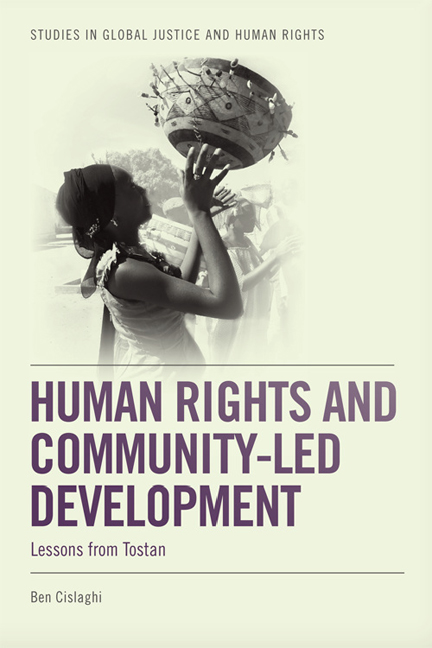5 - Human Rights Education in Action: The Programme Unfolds
Published online by Cambridge University Press: 29 April 2021
Summary
INTRODUCTION
This chapter analyses Tostan's HRE programme in Galle Toubaaco. It provides an overview of the programme by analysing how different factors played a key role in classroom dynamics. I analyse three different features of the programme that were important both in triggering participation and in activating the dynamics of reconsideration of the local reality: the learning context, the content and the pedagogy.
The first section offers an analysis of the context, including the way in which Tostan negotiated access to the village, the role of the facilitator and participants’ expectations. Tostan's negotiation of access contributed to there being little resistance to the programme, and avoided misunderstandings or false representations of how the village would benefit from the programme. The selection of the facilitator (who shared the ethnic background of the community but was an outsider) had strategic importance for the success of the programme. And participants’ expectations were important because they ensured their consistent participation in the classes.
In the second part of the chapter I look at the pedagogical strategies used in the class and analyse their Freirian nature and their being modelled through an experiential pedagogy. The facilitator engaged participants in discussions about their local reality and asked them to engage in representation of their reality through sketches, poems and songs. I suggest that, starting from their local reality, participants could develop their own understanding of the content exposed and could engage in a critical dialogue concerning their experiences of that reality. The dialogic process was structured as democratic and was facilitated in the local traditional language of the rural community. Both democratic participation and the use of the participants’ mother tongue played a key role in fostering contextualisation and adoption of human rights practices.
Next, in the third section, I analyse the curriculum of the Kobi 1, dividing it into three parts. The first part (the introductory sessions) contributed to triggering participation and unity by fostering the nature of the class as a CoP. In the second group of sessions (the sessions on democracy), participants envisioned possible different alternatives to their political and social status quo.
- Type
- Chapter
- Information
- Human Rights and Community-led DevelopmentLessons from Tostan, pp. 131 - 173Publisher: Edinburgh University PressPrint publication year: 2017



